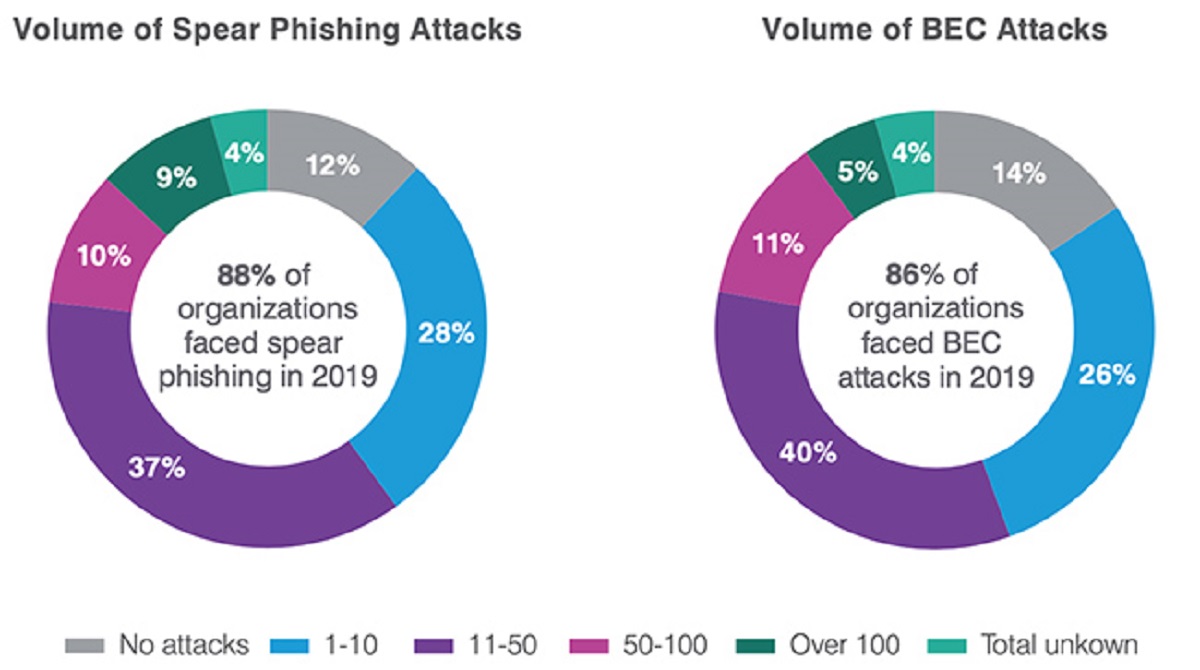The UK government has been urged to rethink its decision not to introduce legislation for regulating artificial intelligence (AI) in the near future. A parliamentary committee investigating the opportunities and challenges of AI has called for an AI bill to be a top priority for ministers. Committee chair Greg Clark has emphasized the need for greater urgency in establishing rules for AI governance if the government’s ambition of positioning the UK as an AI safety hub is to be realized. The committee warns that the government’s current approach risks lagging behind the rapid pace of AI development, and recommends the introduction of a focused AI bill in the upcoming session of parliament this fall.
Key Takeaway
A UK parliamentary committee has called for the government to prioritize the introduction of an AI bill to regulate the technology. The committee warns that without new legislation, the government’s ambitions to make the UK an AI governance leader may be jeopardized.
The Need for AI Regulation
The committee has expressed concerns about the government’s decision to defer legislation on AI and has identified twelve challenges of AI governance that policymakers must address. These challenges include issues such as bias, privacy, misrepresentation, explainability, intellectual property, liability for harms, and employment. The report also emphasizes the need for international coordination and global cooperation on AI governance.
The Risks of Delay
The committee warns that if the government does not introduce new statutory regulations for AI within the next three years, it risks being left behind by other countries and jurisdictions that establish their own AI governance standards. The report highlights the EU AI Act as an example of legislation that could become the de facto standard in the absence of UK regulations.
Concerns Over Governance Approach
The committee raises concerns about the government’s reliance on existing regulatory bodies to oversee AI governance without providing them with new powers or resources. It recommends the establishment of a more well-developed central coordinating function to address the challenges of AI governance effectively.
Industry Influence and Self-Serving Regulation
The report acknowledges the calls from AI industry leaders for new regulation and governance frameworks but also recognizes the potential for self-serving regulation that could favor the interests of established players in the market. The committee urges policymakers to consider the full spectrum of AI harms and not just theoretical future risks.
The UK’s Opportunity
The committee concludes its report by highlighting the UK’s expertise in AI and its potential to become a global leader in AI development and deployment. It emphasizes the need for the government to establish the right governance frameworks and play a leading role in international initiatives to avoid other jurisdictions taking the lead.
In response to the committee’s call for an AI bill, a spokesperson for the Department for Science, Innovation, and Technology highlighted the UK’s commitment to AI safety and its plans for a global summit on AI safety in November. The spokesperson also mentioned the AI Regulation White Paper and the government’s intention to review and adapt its approach based on the fast-paced developments in the field.

























